An image published on Monday showed what is claimed to be a number of non-approved Lightning authentication chips, suggesting that unauthorized third-party accessories may hit store shelves before Apple's own partners are able to produce their own products.
With Lightning cables and adapters already in short supply from Apple, currently the only producer of said accessories, many unlicensed third-party manufacturers have been looking to take advantage of the situation, though the connector's security chip proved to be an effective deterrent against such production.
Apple's security measures may have been cracked, however, as Apple.pro (via BGR) posted an image of what it claims to be "third party non-approved authentication chips" for Lightning cables.
According to the source of the photo, there are currently "multiple versions" of the unauthorized chip being produced in China, possibly pointing to the imminent release of inexpensive accessories.
If legitimate, the unauthorized authentication chips pose a serious threat to Apple's own "Made for iPhone/iPad/iPod" partners, as the unlicensed accessories would be on the market well before official MFI products. Apple is scheduled to discuss Lightning's terms of use with MFI manufacturers in November, and it is unclear if the third-parties will be able to make accessories in time for the holiday shopping season.
AppleInsider was first to report that Apple was presumedly using authentication chips in its new 30-pin dock connector replacement, with the discovery seemingly confirmed by a teardown of the Lightning port by Chipworks. In the investigation, the analysis firm found that the embedded authentication chip uses security technology seen in printer cartridges, which was declared to offer "just enough" security for the time being.
A report in early October suggested that Apple's chip had been reverse engineered, though the rumor failed to yield any products.
 Mikey Campbell
Mikey Campbell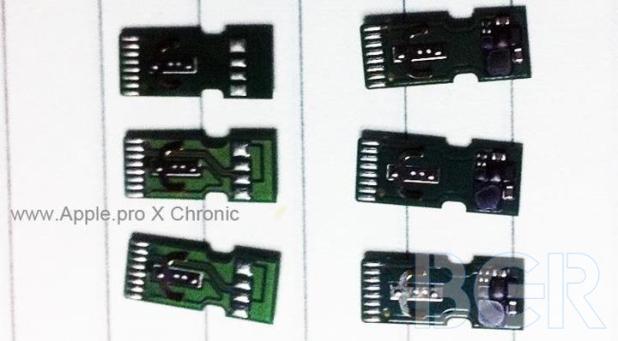


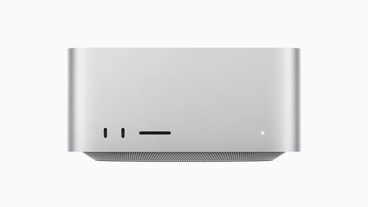

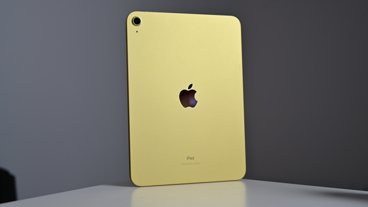

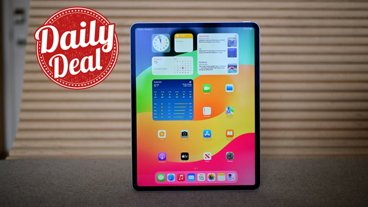

 Christine McKee
Christine McKee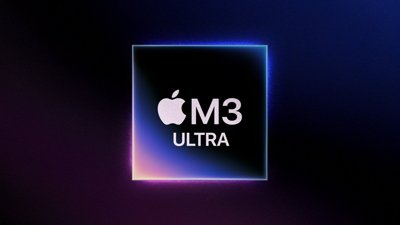
 Amber Neely
Amber Neely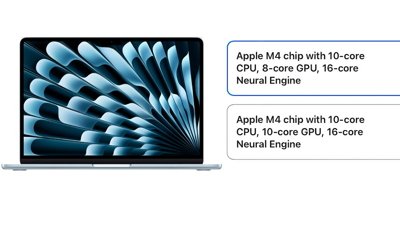
 William Gallagher
William Gallagher
 Malcolm Owen
Malcolm Owen
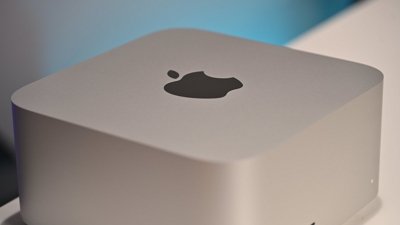
 Andrew Orr
Andrew Orr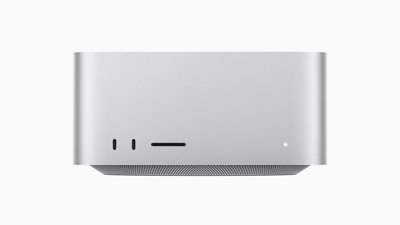
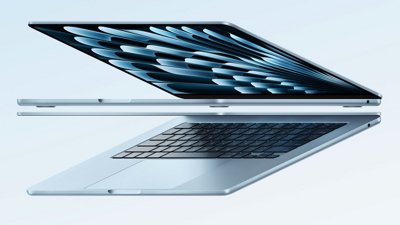





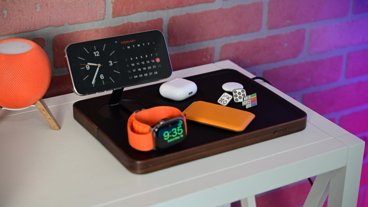


40 Comments
YES! Need some kind of accessories
YES!
Need some kind of accessories
NO!
But I'd prefer they not fry my devices or break in a week.
FWIW, my Verizon store has plenty of stock of the USB/Lightning charging cables.
NO!
But I'd prefer they not fry my devices or break in a week.
never had trouble with the ones i got for my iphone 4, charges it nicely, everytime, for says 900+ times? (over 2.2 years ish)
FWIW, my Verizon store has plenty of stock of the USB/Lightning charging cables.
They are fine, itd just be nice to pay 5-10 bucks for a quality cable, not 20 or 30 whatever they cost (i know its 30 for the adapter)